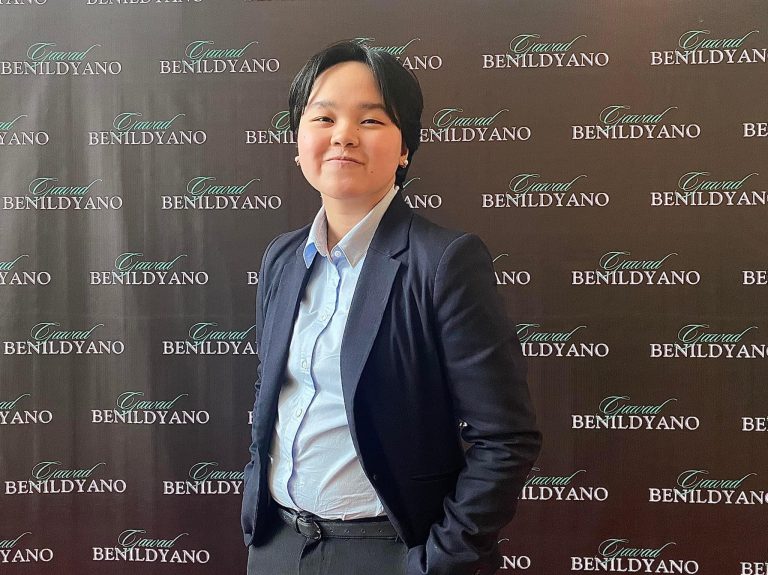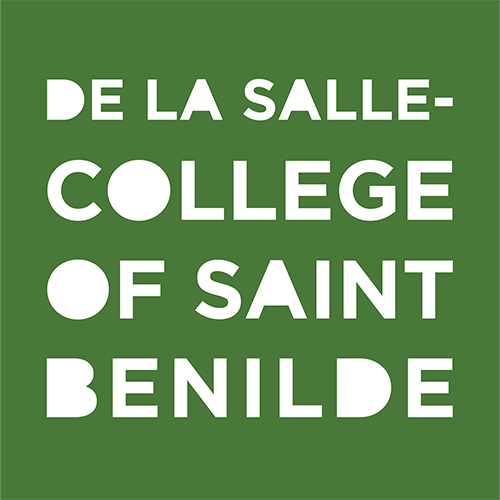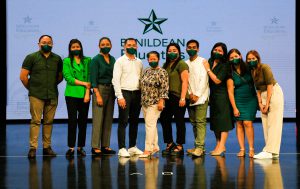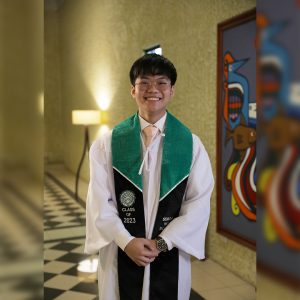Visually impaired film student bags Best Screenplay in HK film tilt
Charlie Vitug was diagnosed with bilateral optic neuropathy, the permanent damage on the optic nerves of both eyes, when she was only 10 years old.
From being a consistent honor student, she started failing one class after another. With blurred vision and blind spots, she also had to let go of her hobbies such as drawing and playing tennis.
“Everyone around me thought that it was the sudden loss in vision but a part of me knew that it was also loss of motivation,” she admitted.
Vitug opted out of a school for the blind. But with the help of family, she turned to low-vision gadgets and its accessibility features. She waded all the way to high school zooming in through an iPad camera to read and write.
During college, she not only found a safe space, but also a renewed inspiration at the De La Salle-College of Saint Benilde.
“Things are turning out well in terms of academics and extracurriculars,” the Digital Filmmaking student beamed. “I finally got back on the honors roll despite not having much improvement in vision.”
Occasional challenges were inevitable, particularly under a program that is highly dependent on visuals. With dedication, Vitug focused on and pushed towards screenwriting – a skill that required less eyesight.

“I love being a screenwriter. It allows me to write what I want to see with the production team bringing that sight to me — a sight that would have been difficult for me to experience and appreciate outside of a movie set,” she elaborated. “Being so dependent on cameras back then makes becoming a film student a full-circle moment. Now, cameras empower me and allow me to bring stories to life.”
At 19, Vitug’s Romuelda internationally debuted and nabbed the Best Screenplay recognition at the 2022 Hong Kong Super Short Film Festival.
It was also an Official Selection and Best Student Short Film Nominee at the 9th Pambujan International Film Festival and Official Selection for the 2023 Pasinaya Open House Festival.
The two-minute political commentary follows the titular character set to attend a press conference with her husband Ferdie.
“The household major-domo received a call. She requested him to get a pair from her extensive shoe collection and have it brought to her,” Vitug narrated.
“She said any would do except for the ones in the color she hates most – yellow. He suggested pink, causing her to admit that she could never fit into those.”
Driven to encourage viewers to learn more about history without overwhelming them with information, Vitug released Romuelda a few months after elections in time for National Heroes Day.
“Philippine Cinema is known for telling stories that hold stronger meaning than what is shown on surface level,” she noted. “It makes films a powerful tool for empowerment and speaking out.”
Taking inspiration from culture and politics, Vitug was a fellow of the Writer’s Block Screenwriting Workshop where she was among the chosen participants to develop a screenplay as part of the program.
Through her journey, the young artist highlighted the significance of a strong support system.
“It was passion and support for that passion that drove me,” she explained. “Benilde has been so inclusive, never treating me different from others but still being accommodating whenever necessary.”
“It is a wonderful middle ground between feeling safe to ask for help and not being separated from the rest of students. For the first time, I was no longer known as ‘the blind kid’ in school.”
Vitug shared how inclusivity goes beyond classrooms, from professors and students to the staff and officers. “It felt unbelievable at first, formerly coming from a school that tried to convince me into transferring to an institution for the blind,” she added.



